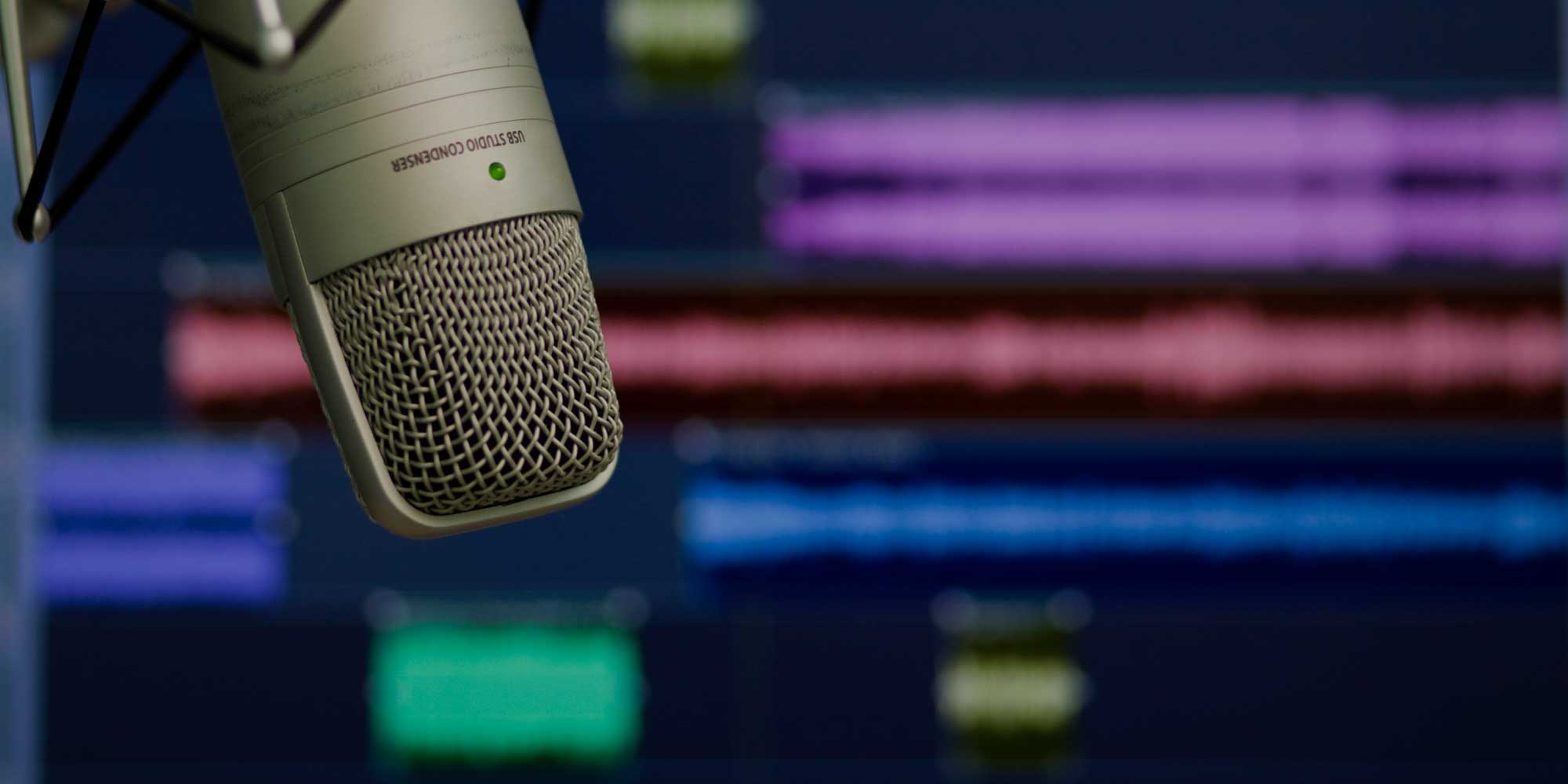Real Talk for Real Teachers with Dr. Becky Bailey and special guest Steve Hummer
Episode Summary
Self-regulation programs like Conscious Discipline are most commonly used in early childhood programs and elementary schools. It makes sense to build vital skills during these foundational years. But what about the children who are never given the opportunity to learn self-regulation and other social and emotional skills?
By the time these students reach high school, we assume that they should already “know better.” However, this is often far from the truth. Making matters worse, adolescence is another critical time in brain development, and today’s high schools are high-pressure, anxiety-inducing environments. High school students who don’t know how to channel and regulate emotions often internalize them, ultimately lashing out. High school students, too, need supportive, safe, and connected environments where they can freely express their emotions and learn to manage them.
Steve Hummer, a high school Social Studies teacher, father, and Conscious Discipline Certified Instructor, recognizes the need for safety and connection among high school students. He uses Conscious Discipline in his classroom to help students feel comfortable, welcome, and safe enough to learn and make connections. Listen in as Steve shares why Conscious Discipline belongs in high schools and how he has used it to build a powerful sense of community in his classroom.
Essential Takeaways
- During adolescence, the prefrontal lobes are under major reconstruction and several vital pathways in the brain are beginning to mature. This is a time when self-regulation is essential, yet most high schools have no self-regulation programs in place.
- Now more than ever, high school is a time of stress, pressure, anxiety, and competition between students. Students who don’t know how to manage emotions dangerously internalize them, often acting out or lashing out as a result.
- We typically assume that high school students have self-regulation skills just because they have the language, but this is frequently not the case.
- High school students need a “we culture” of collaboration, safety, and ownership in order to be available for learning. They need to know that people care about them and will look out for them.
- This type of environment is also helpful for the teacher, who feels safe and supported by the students. The sense of community allows teachers to feel less overwhelmed and more capable of teaching effectively.
Steps For Tomorrow
- Focus on relationships and connecting with every student. Help every student feel welcomed, loved, and cared for in your classroom. Talk to your students (e.g., instead of reprimanding a student who isn’t working, ask why he isn’t working or if something else is going on).
- Build a “culture of we.” Refer to your classroom as “our class” and ask the students how they want the classroom to be. How do we want to set this up? Why are we here? What’s our goal? After agreeing on a common goal, write it on the board.
- Once you have a consensus, ask students how you will achieve the goal. What do we need to do as a group to be successful? Come up with agreements about discussion, completing classwork, preventing distraction, and so on. After students have committed to these class-wide agreements, you can laminate the agreements and hang them up, revisiting as needed.
Important Links
- ConsciousDiscipline.com
- Seven Powers
- Seven Skills
- Steve Hummer, Conscious Discipline Certified Instructor
Product Mentions
Show Outline
- :21 What is Conscious Discipline?
- :31 Self-regulation
- 2:30 Two reasons self-regulation is vital for adolescents
- 6:05 Introduction to guest Steve Hummer
- 7:15 Why Conscious Discipline belongs in high schools
- 9:47 How to approach Conscious Discipline with high school students
- 10:30 High school students and anxiety, stress, and competition
- 12:40 Creating a safe, welcoming, and connected environment
- 18:01 Learning is about the student, not the teacher
- 19:40 Class goals, agreements, and commitments
- 23:15 Conscious Discipline spreading organically to other teachers
- 25:47 How Conscious Discipline helps teachers feel safe and less overwhelmed too
- 31:02 What’s Becky up to?
- 31:23 What’s Becky celebrating?
Thank You for Listening
There are many ways you could have spent this time today, but you chose to spend it with me and I am grateful. If you enjoyed today’s show, please share it with others via your favorite social media platforms.
Also, would you consider taking 60-seconds to leave an honest review and rating for the podcast on iTunes? Your feedback is extremely helpful when it comes to the ranking of the show and I love to hear your feedback! Also, don’t forget to subscribe to the podcast on iTunes, to get automatic updates every time a new episode goes live!
On behalf of our Conscious Discipline family, we wish you well.




